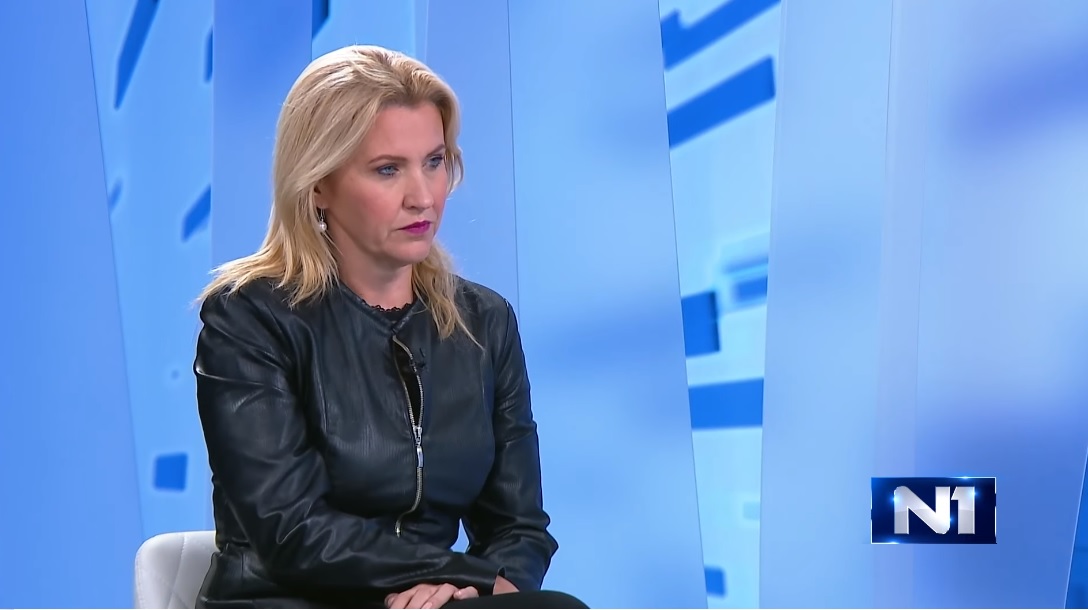Gong warned GRECO, the Council of Europe’s specialized anti-corruption body, that the Commission for the Prevention of Conflicts of Interest in Croatia must not be destroyed.
The Commission for the Prevention of Conflicts of Interest in Croatia has been under attack from the ruling party for a long time, and now it could be left, judging by the ruling of the High Administrative Court of the Republic of Croatia, without one of its key tools. According to the latest court ruling, this body would be deprived of the power to decide on the general principles of action in the exercise of public office (on whether officials act “honestly, fairly, conscientiously, responsibly and impartially, preserving their credibility and dignity”).
Gong is concerned that the work of the important anti-corruption body, Commission for the Prevention of Conflicts of Interest, would be euthanized if the new coming law does not adopt GRECO’s recommendations, which would sanction violations of these important principles.
After Commission President Nataša Novaković began questioning the role of Prime Minister Andrej Plenković in the Agrokor affair and investigating the HDZ’s trip to Helsinki, the Prime Minister began to criticize her work. He even warned her publicly at the press conference that was held in the Government’s building that he had “drawn” everything for her and that he won’t send the requested documentation to the Commission. After that, he accused her of a conflict of interest in another case and asked for her exemption. Plenković requested that it should be reviewed whether the Commission had any authority to decide on the violation of the general principles of action in the exercise of public office.
In March 2020, in the middle of a lockdown, the Administrative Court in Zagreb postponed all hearings, but not those at which the Prime Minister’s appeals against the Commission’s decisions. Two (first-instance) verdicts of the Administrative Court in Zagreb annulled the decisions of the Commission in two of his cases: the disputed appointment of the Prime Minister’s godfather as an ambassador and the refusal to submit requested documentation on the HDZ’s trip to Helsinki. In both cases, the Court concluded that officials could not be sanctioned for violating the principle of operation.
However, this was preceded by an important decision of the Constitutional Court from July 2019, which opened the way for cutting the powers of the Commission. The lawsuit was filed in court by Plenković’s HDZ-led predecessor, Tomislav Karamarko. The Constitutional Court ruled that the Commission sanctioned something that is mentioned in the law, but for which there are no prescribed sanctions. Such a verdict was used by Andrej Plenković in legal battles with the Commission.
At this moment, the decision of the Commission is challenged for the first time legally, because the High Administrative Court of the Republic of Croatia, in the case of Zagreb’s Mayor Milan Bandić, concluded that the Commission misinterpreted its powers. This decision is a precedent because the High Administrative Court has so far ruled exactly the opposite – that the Commission has the right to call an official for violation of the principle of action.
By the ruling of the High Administrative Court, the Commission is left without the most important part of its powers, deciding on the violation of general principles of action in the exercise of public office. After the Commission’s decision in the case of Zagreb Mayor Milan Bandić was annulled, we can expect the same in a number of other cases including high ranking politicians such as Prime minister Andrej Plenković, former Deputy Prime Minister Martina Dalić, current Finance Minister Zdravko Marić, former SDP President Davor Bernardić, and many others.
In order not to euthanize the Commission by depriving it of this important power, in a country that is one the most criticized EU states when it comes to the respect of the rule of law, Gong emphasizes that it is necessary to define more precisely the provisions on principle of action as a valuable tool in fighting corruption.
In doing so, we welcome the direction given by GRECO in its recommendations – that violation of the principle of action is a key provision of the Law on the Prevention of Conflicts of Interest, and its violation should be sanctioned.
Given the announced amendments to the Law on the Prevention of Conflicts of Interest, Gong believes that there should be certainly prescribed sanctions for unacceptable actions of officials, to preserve this important tool of the Commission.
Otherwise, an important independent institution will be devalued, becoming harmless and unnecessary. If the Government does not include GRECO’s recommendation in the new Law, it is quite clear that it has decided to destroy the Commission for the Prevention of Conflicts of Interest, which has proved to be one of the rare independent institutions in the country.
Gong believes that corruption in Croatia is largely related to the way institutions function. In this case, we are witnessing an example of an institution that truly does its job, and therefore it is in the public interest to preserve it, not destroy it through coordinated judicial actions (encouraged) by ruling politicians.

